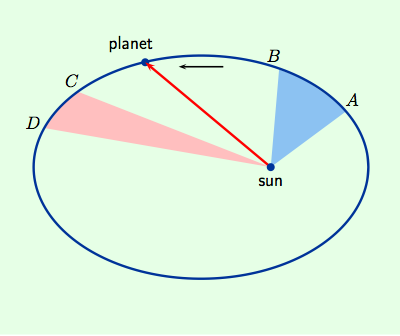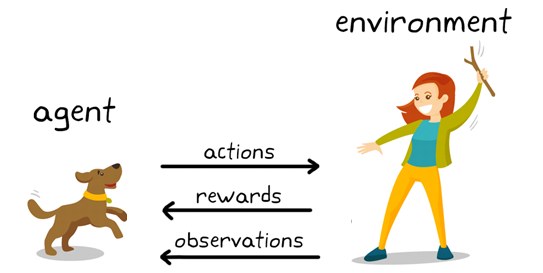Story 1: Kepler found that planets' orbits around the sun are always planar. conic curves, with sun located on a focus. The sectorial velocity is a constant.

(Picture: UTexas M408 Learning Modules)
Questions
- Which principles in mechanics can explain Kepler's laws?
- If there is a small perturbation to the planet's orbit, what will happen?
- What is the role of mathematics in the development of any science?
Story 2: The dog learns how to interact with the person for his maximum reward by experiences.

(Picture: Analytics Vidhya)
Questions
- What information does the dog learn from the person's behavior?
- What is the dog's algorithm to optimize the policy on the person?
- Is there something in common between different (dog, person) pairs?
Story 3: A chemist wants to design and synthesize a molecule that binds on a receptor on cells in the therapy of a disease.

(Picture: European Pharmaceutical Review)
Questions
- For a novel molecule without existing data, what does a chemist need to do to predict its property accurately?
- How does the chemist search for a good molecule, and know how to synthesize it?
- Why should not the chemist appeal to arbitrary existing AI/ML package to help with the process?
![Data-Informed Systems Control & Optimization [DISCO]](https://tang.wordpress.ncsu.edu/files/2022/07/cropped-cropped-Logo.png)